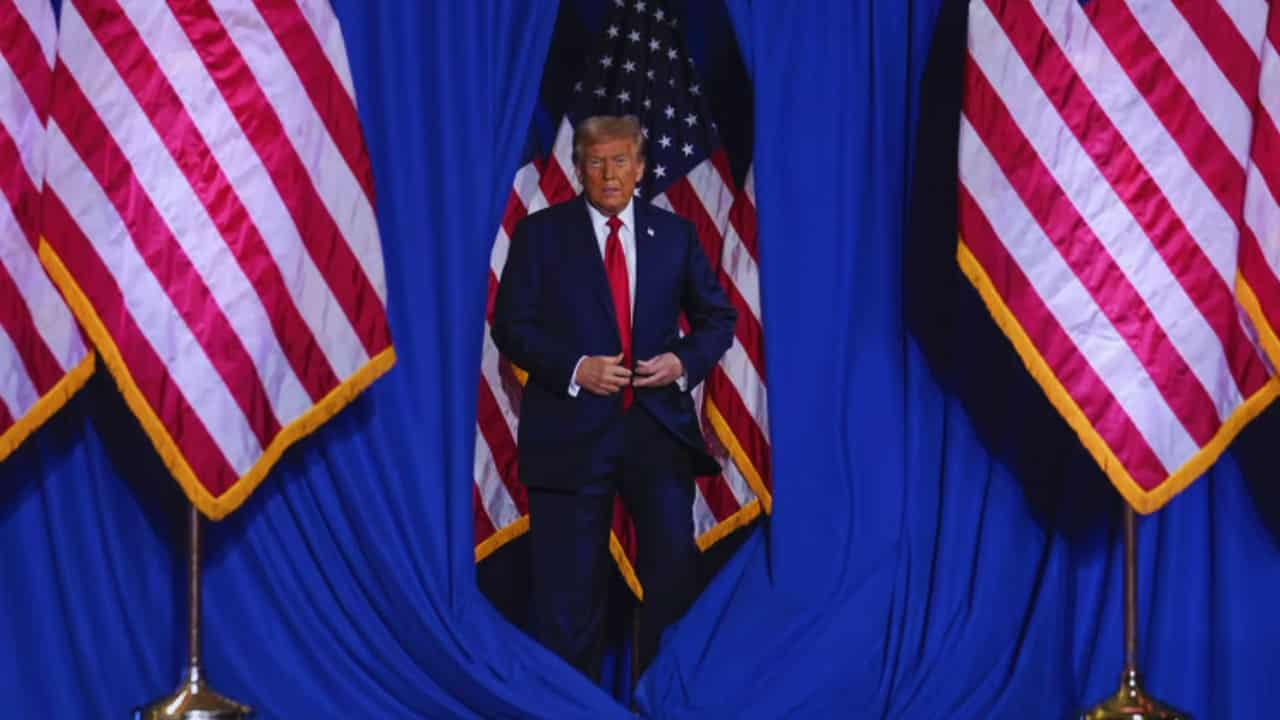Global Climate Pact in Peril: What Trump’s Second Paris Exit Means for World Climate Action
With his promised withdrawal from the Paris Agreement, Donald Trump’s expected return to the White House in January 2025 has shocked the global climate community, threatening to reshape international climate efforts in unprecedented ways.
The stakes are higher this time. As world leaders gather for the COP29 climate summit in Azerbaijan, the shadow of Trump’s election victory looms large over crucial discussions about cutting fossil fuel use and helping poorer nations deal with climate change.
“This isn’t just a replay of 2017,” says Dr. Sarah Martinez, climate policy expert at the Global Climate Institute. “The timing and circumstances make this potential withdrawal far more significant.”
Here’s what makes this situation different:
Speed of Withdrawal Unlike his first withdrawal, which took three years to complete, Trump could trigger a faster exit this time. Under current rules, the process would take just one year, meaning the U.S. could be out by early 2026.
China’s Growing Influence With the U.S. potentially stepping back, China is positioned to take an even stronger leadership role in green technology and climate policy. “America risks losing its competitive edge in the clean energy race,” warns James Chen, renewable energy analyst at CleanTech Partners.
The numbers tell a compelling story:
- The U.S. is the world’s second-largest carbon polluter.
- Nearly 200 countries have signed the Paris Agreement.
- Global temperatures in 2024 are on track to break all previous records.
The impact on international climate efforts could be substantial. Dr. Michael Roberts, lead researcher at the Climate Action Network, explains: “When the world’s second-biggest polluter walks away from its commitments, it creates a ripple effect. Other nations might question why they should push harder when the U.S. isn’t doing its part.”
Local governments and businesses are already planning their response. Mayor Lisa Thompson of Greenville says, “Cities and states won’t stop fighting climate change, regardless of federal policy. We’re already seeing the effects of global warming in our communities.”
The business community also appears committed to climate action. Jennifer Williams, CEO of Sustainable Solutions Inc., states: “Companies understand that climate change poses real business risks. Many will continue their sustainability efforts regardless of government policy.”
Looking ahead, several key questions remain:
- Will other countries step up their climate commitments to fill the U.S. gap?
- How will this affect the trillion-dollar climate aid discussions?
- Can state and local efforts offset federal inaction?
The upcoming COP29 summit may provide some answers. World leaders will need to grapple with these challenges while maintaining momentum on climate action. As one European diplomat, speaking on condition of anonymity, put it: “The world can’t afford to wait for U.S. politics to sort itself out. Climate change certainly won’t.”
The impact of Trump’s potential withdrawal extends beyond environmental concerns. Economic experts warn that stepping back from global climate efforts could hurt U.S. competitiveness in growing clean energy markets, potentially ceding ground to China and European nations.
Dr. Rachel Chen of the International Energy Forum concludes: “This isn’t just about climate change anymore. It’s about economic leadership in the 21st century. The question is whether the U.S. wants to lead or follow in the clean energy revolution.”
As the world watches and waits, one thing is clear: this second potential withdrawal from the Paris Agreement could reshape global climate politics for years to come.
